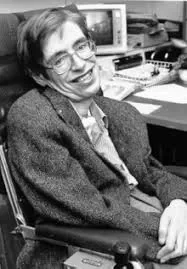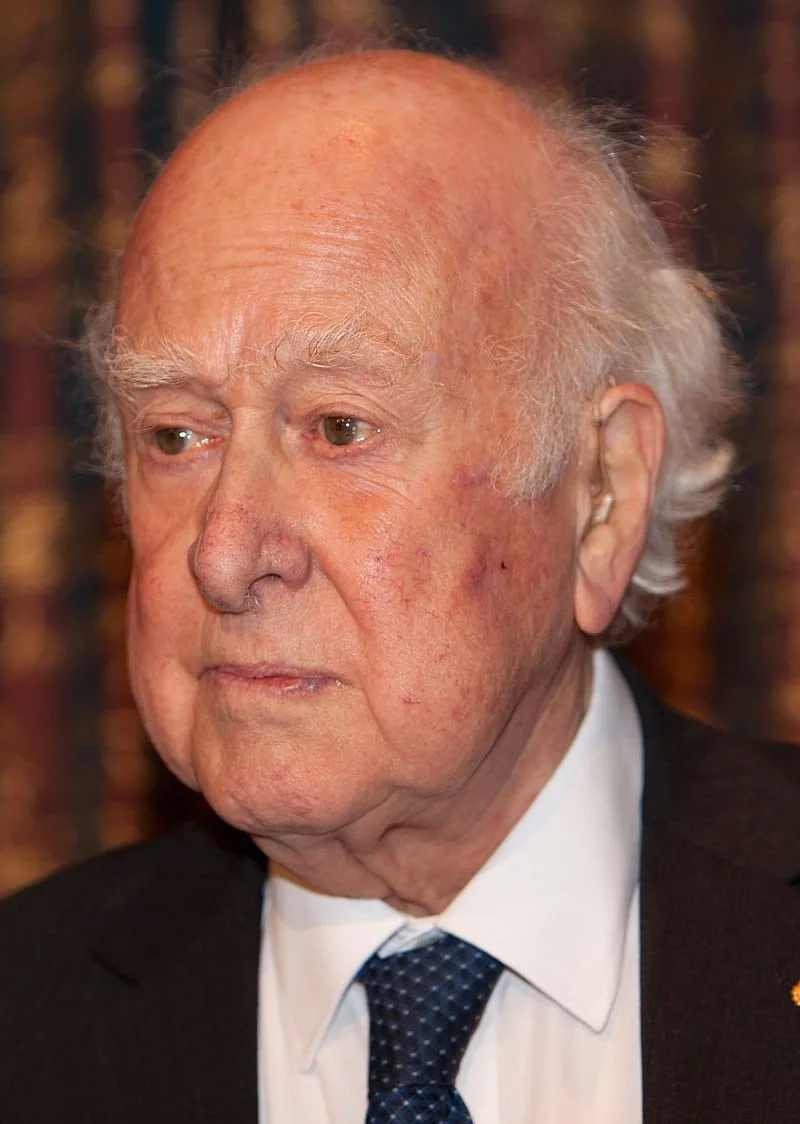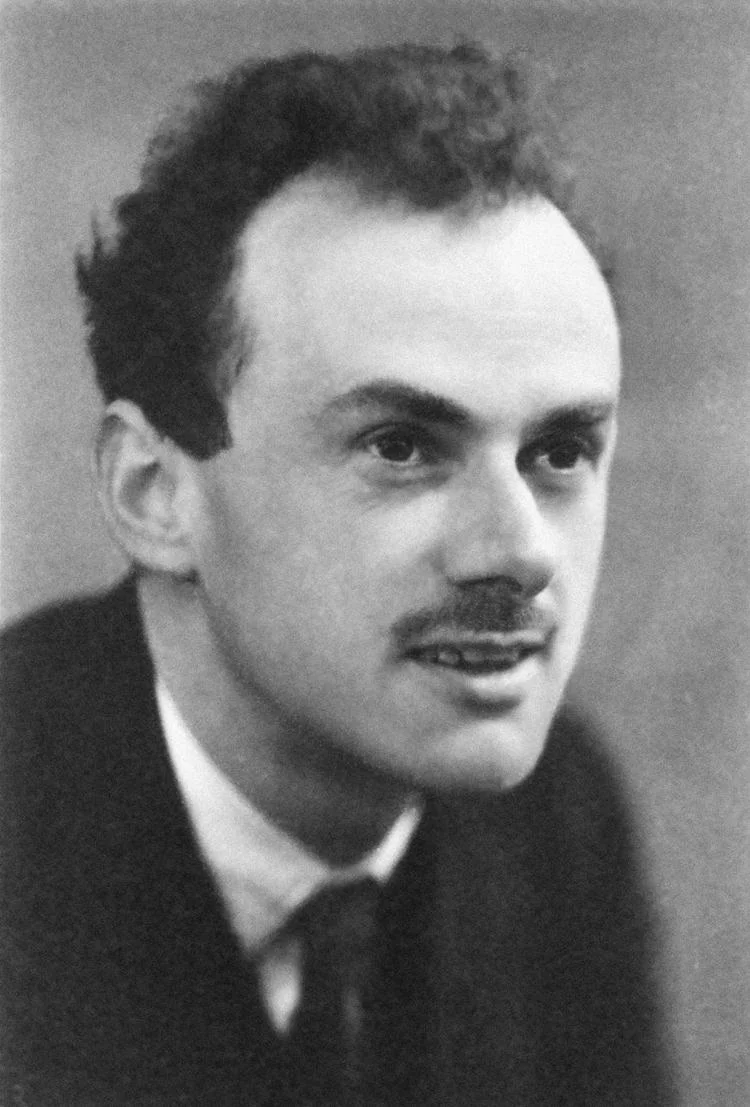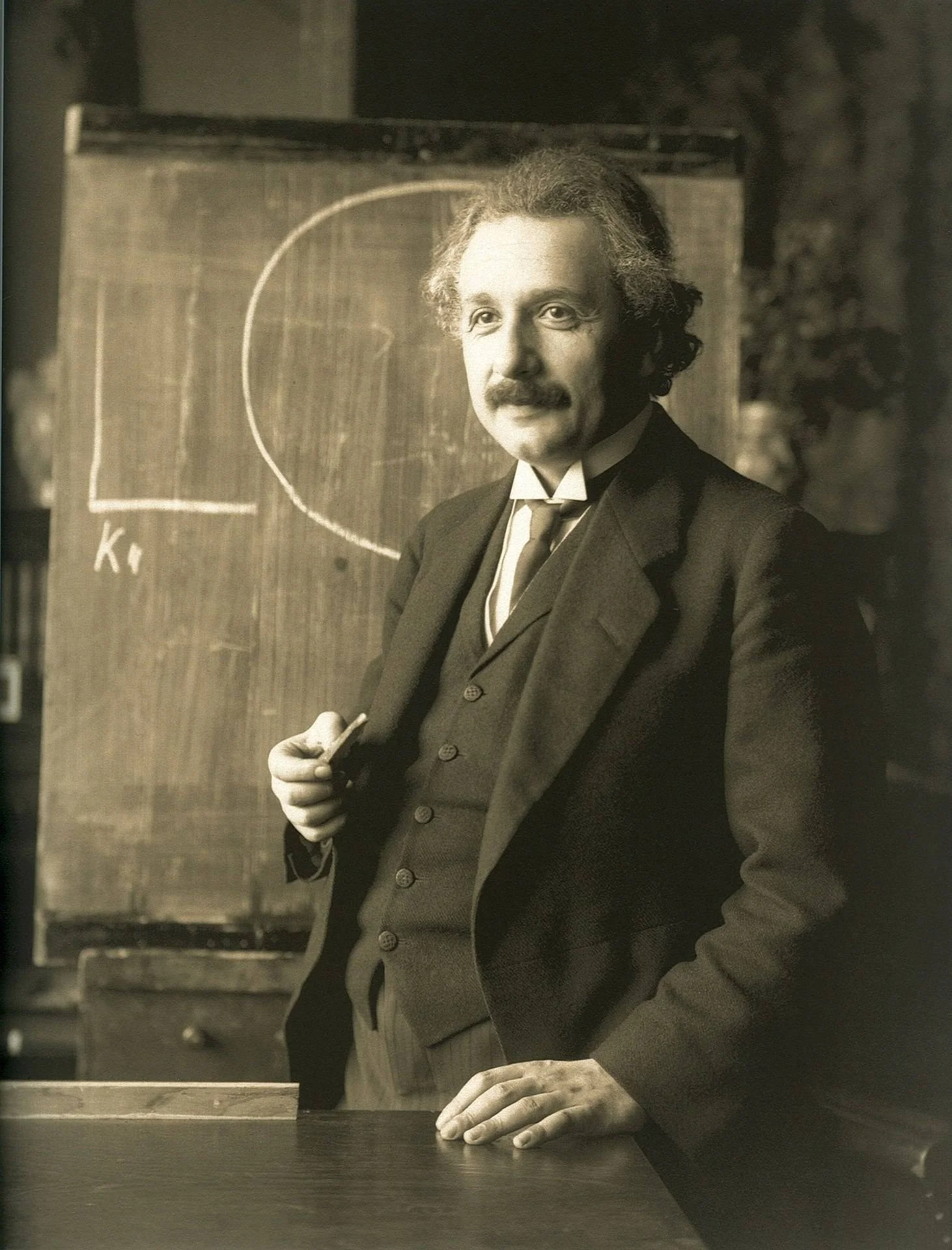Real Celebrities Never Die!
OR
Search For Past Celebrities Whose Birthday You Share
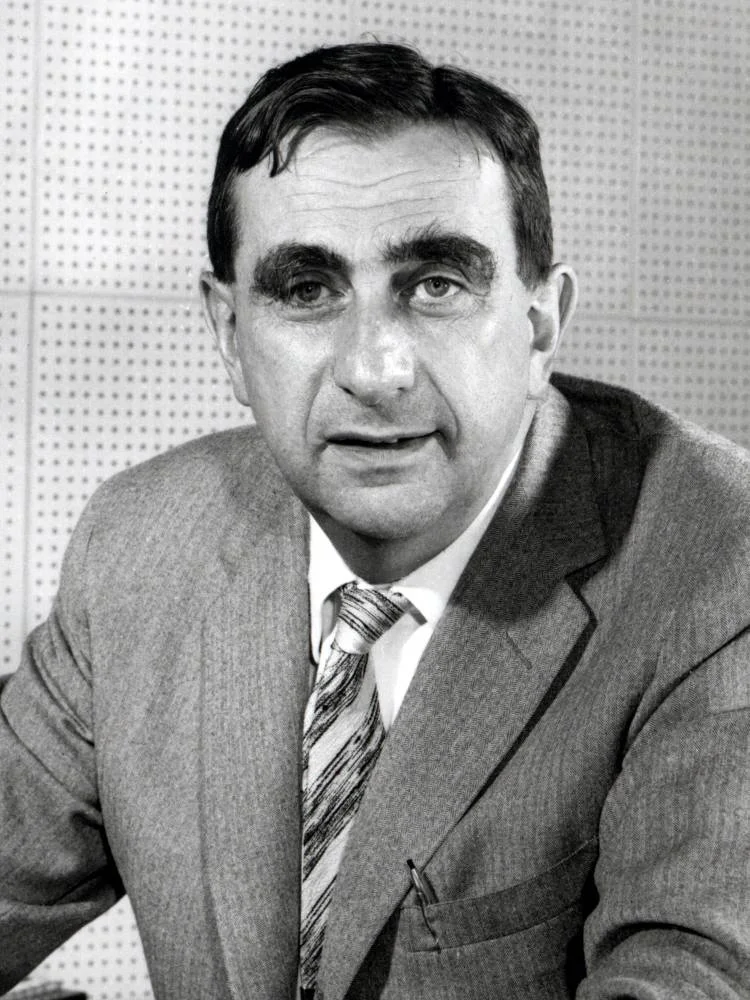
source: wikipedia.org
Edward Teller
Birthday:
15 Jan, 1908
Date of Death:
09 Sep, 2003
Cause of death:
Stroke
Nationality:
Hungarian, American
Famous As:
Theoretical Physicist
Age at the time of death:
95
Edward Teller's Quote's
Early Life and Education
Edward Teller, a Hungarian-American theoretical physicist, was known for his pivotal role in developing the hydrogen bomb. Born in Budapest, Hungary, on January 15, 1908, into a Jewish family, Teller displayed an early talent for mathematics and physics. He pursued his higher education at the University of Karlsruhe, Munich, and Leipzig, where he completed his doctoral degree under the renowned physicist Werner Heisenberg in 1930.
Escaping Nazi Germany
In 1933, Edward Teller fled Nazi Germany and relocated to Copenhagen, Denmark. There, he collaborated with Niels Bohr, a prominent figure in the field of atomic theory. By 1934, Teller had moved to England, continuing his academic career before finally settling in the United States in 1935. He became a professor at George Washington University, where he contributed to the growing field of theoretical physics.
The Manhattan Project and Atomic Bomb Development
In 1942, Teller joined the Manhattan Project, a top-secret U.S. initiative aimed at developing the atomic bomb during World War II. At the Los Alamos National Laboratory, he worked alongside notable scientists under the leadership of Robert Oppenheimer. Teller played a significant role in the design of the first nuclear weapons. However, his strong advocacy for a more powerful thermonuclear device, the hydrogen bomb, created tension within the project.
Advocating for the Hydrogen Bomb
Edward Teller’s push for the development of the hydrogen bomb, a device based on nuclear fusion rather than fission, caused a divide between him and Oppenheimer. While many scientists, including Oppenheimer, opposed the hydrogen bomb on moral and technical grounds, Teller remained a vocal advocate. This rift culminated in Teller testifying against Oppenheimer during his 1954 security clearance hearings, accusing him of being a security risk. Teller’s testimony led to the downfall of Oppenheimer’s career and strained Teller’s relationships with many of his colleagues.
Co-founding the Lawrence Livermore National Laboratory
Despite the controversy, Teller’s career flourished. He co-founded the Lawrence Livermore National Laboratory with physicist Ernest Lawrence. At this facility, Teller led the team that successfully designed and tested the first hydrogen bomb, known as the Ivy Mike test. This achievement cemented his reputation as a leader in the field of nuclear weapons development.
A Public Figure and Advisor on Nuclear Defense
Edward Teller’s expertise made him a prominent public figure and a key advisor to several U.S. presidents on nuclear and defense-related matters. He advocated for a strong U.S. military presence and believed in maintaining nuclear superiority over the Soviet Union. His support for a robust nuclear arsenal was accompanied by his endorsement of missile defense systems. In 1983, he became a vocal supporter of President Reagan’s Strategic Defense Initiative (SDI), also known as “Star Wars.”
Contributions Beyond Nuclear Physics
While Edward Teller is best known for his work on nuclear weapons, his contributions extended to other fields of physics, including molecular physics, surface physics, spectroscopy, and statistical mechanics. His scientific achievements earned him numerous honors, such as the Albert Einstein Award, the Enrico Fermi Award, the Harvey Prize, the Eringen Medal, and the National Medal of Science.
Personal Life and Death
Teller was married to Augusta Maria Harkanyi, and the couple had two children, Paul and Wendy Teller. On September 9, 2003, Edward Teller passed away from a stroke at Stanford University, leaving behind a complex legacy as one of the most influential yet controversial figures in 20th-century science.
Name:
Edward Teller
Popular Name:
Edward Teller
Gender:
Male
Cause of Death:
Stroke
Spouse:
Place of Birth:
Budapest, Austria-Hungary
Place of Death:
Stanford, California, U.S.
Occupation / Profession:
Edward Teller learned to speak later than most children.
Teller was influenced to be a physicist by Herman Mark, a visiting professor who gave lectures on molecular spectroscopy at his university.
Teller was involved in a car accident in 1928 which resulted in most of his right foot being severed. The accident left him with a permanent limp and required him to wear a prosthetic foot.
Albert Einstein Award (1958)
Enrico Fermi Award (1962)
Eringen Medal (1980)
Harvey Prize (1975)
National Medal of Science (1982)

